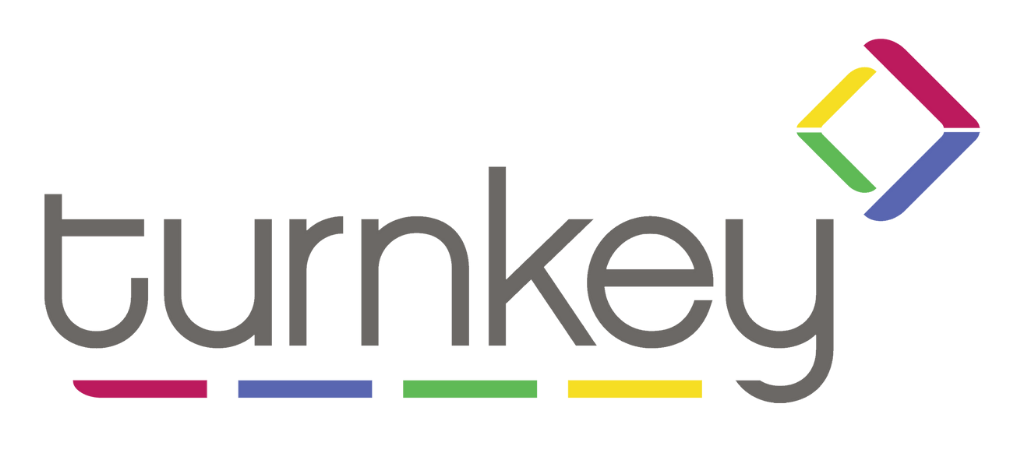Women in Insolvency: Diversity and Inclusivity
Turnkey Exchange
Join Mark Simpson for the second instalment of our Women in Insolvency podcast where our panel explore diversity and inclusivity within the insolvency industry.
On the second episode of our Women in Insolvency Podcast, Mark continues his conversation Michelle Elliott, Ali Wisbey and Arabella Ranby-Gorwood as they discuss their views of diversity and inclusivity within the industry.
Since starting out at one of the Big 4 over 20 years ago, Mark has noticed diversity and inclusivity becoming much more prevalent throughout the industry and was keen to hear what our guests had to say on the topic from their experiences at firms of varying sizes.
Meet Our Speakers

Ali kicks off the discussion by sharing that she’s noticed real improvement with regards to diversity and inclusivity however believes there is still a long way to go. An area of particular improvement she has witnessed is amongst graduates entering the industry and in particular, she has noticed a significant increase in international students which widens the talent pool.
“And I think as well though, certainly seeing from a graduate perspective, seeing a lot more foreign students coming in, so a lot more foreign graduates. And that pool increasing significantly now which is great and also opens up the ability to encourage more and more people, to move into the profession. So I have seen a significant shift in the last two or three years actually.”
Ali Wisbey, Risk & Technical Director at Interpath Ltd

From Michelle’s experience, diversity and inclusivity is clearly on the agenda for most businesses and she has seen a significant improvement which is a positive but felt that it was difficult to measure these behaviours and translate them into meaningful statistics and track progress.
Arabella had a particularly interesting perspective on the issue and felt that the key to making the industry more diverse was to open the sector up to younger people of college age and encourage them into the industry at that point rather than waiting for people to “fall” into the industry which, from her experience, tends to be the case. By opening up the industry to a wider and more diverse group of people then you are able to get different perspectives on a case and ultimately achieve a better outcome for your client.

“Insolvency again as a sector is not something where people wake up and go I want to be in insolvency, people go maybe when they’re 30, ‘oh what is insolvency’ and the amount of people we’ve talked about and they go ‘I sort of just fell into it’ so naturally you’re not going to get people sort of 16 to 18 whereby your going to naturally get more diversity as your opening up the sector… I think where the crux of the issue is to do with young people, not just university but at colleges, you know and I think as a sector it’s important to have that diversity for cases because everyone has that different opinion and that’s a really strong thing.”
Arabella Ranby-Gorwood, Insolvency Practitioner at CRG Insolvency
Moving on, Mark posed the question “how do clients react when they discover a female IP is in charge of the case?” and was delighted to hear that this hasn’t been much of an issue for the panel in recent years. From Michelle’s experience, she has found that by treating people with respect, acting with integrity and empathising with their situation, then they’re a lot more responsive to your help regardless of whether you are a male or female.
“When you come in and try to reassure them that you’re on their side and your trying to help then you can get a lot of buy in from them and hopefully that shouldn’t matter whether you are male, female or whatever.”
Michelle Elliot, Partner at FRP Advisory

Finally, another area of the insolvency industry which appears to have evolved and become more inclusive is the routes to win work. Our panel noted that they are seeing a growing preference towards breakfast and lunch meetings over late night events. This shift opens up more opportunities for people from diverse backgrounds, with varying interests and commitments outside of work to get involved and widen their networks and grow relationships with more focus on their abilities and experience than was possible in the past.
And that concludes our round up of the second episode in our Women in Insolvency series on the Turnkey Exchange. If you haven’t already, you can listen to the full recording on the Turnkey Exchange Hub or on Spotify, Apple Podcasts and Amazon Music.
Follow us on Linkedin and X (formerly known as Twitter) to be notified when the next episode of the Turnkey Exchange, Women in Insolvency: Diversity and Inclusivity, is available.
Have a question or a topic you’d like to hear discussed on the Turnkey Exchange? Get in touch here.
Got a Question?
Just drop the team a message and we’ll get back to you as soon as we can.

